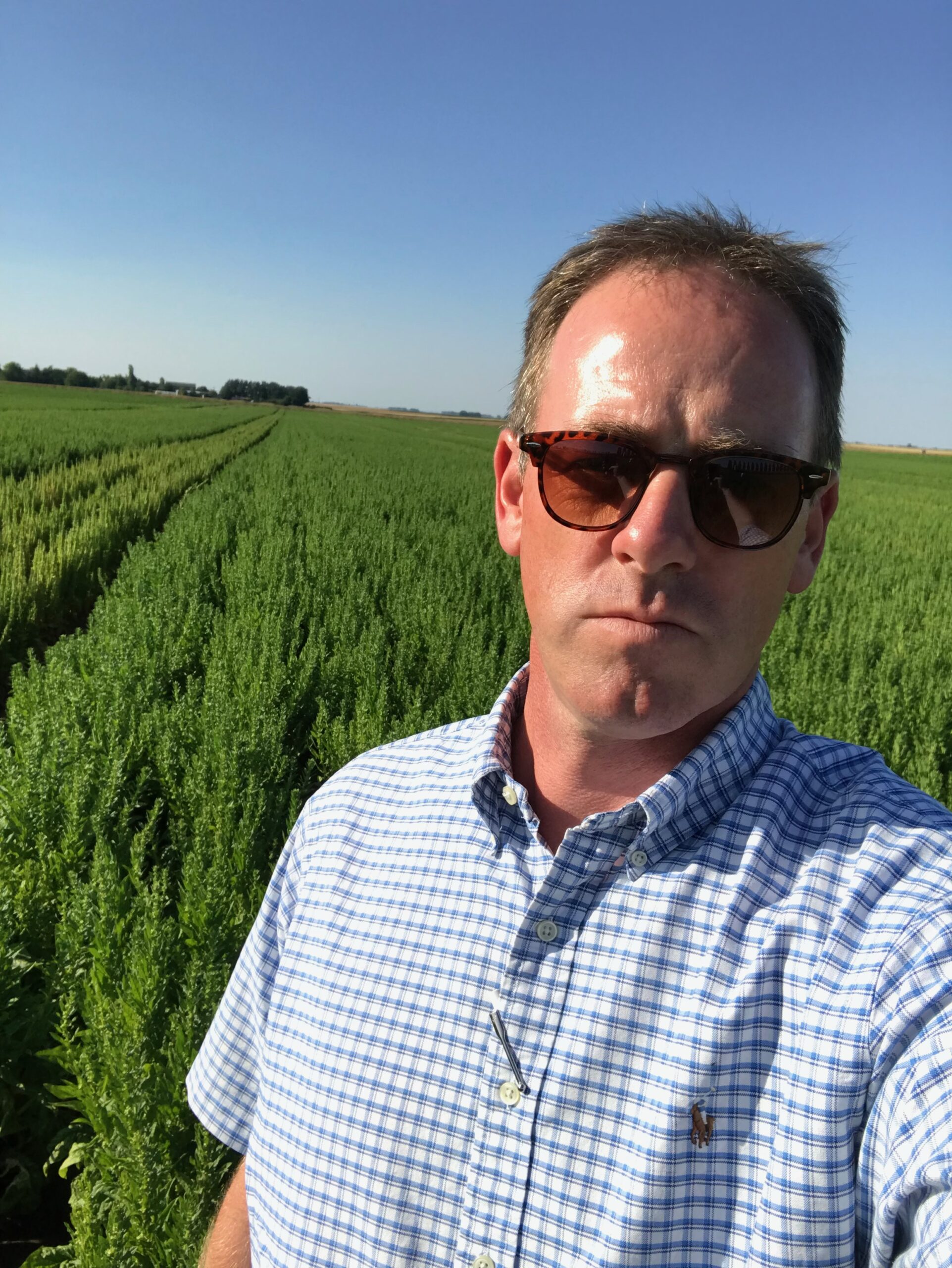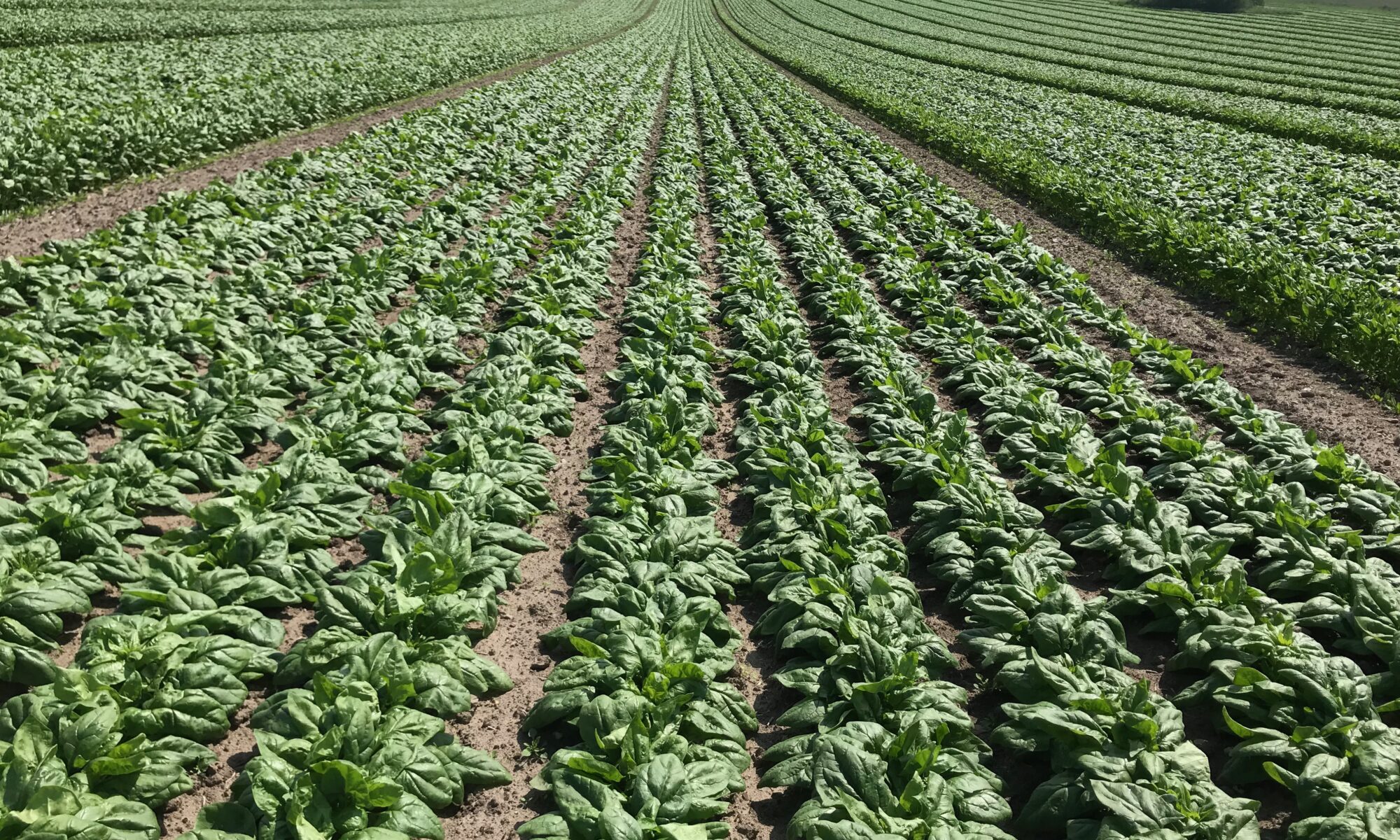Kim Nielsen of Vikima Seeds is convinced sustainable weed control within seed production is attainable. However, the optimal method has yet to be discovered. This is the challenge he aims to tackle through Fieldlab Seedshift: find simple solutions for complicated issues. Kim: “If we can set the agenda for the future, other companies around the world can learn from our best practices.”
Fieldlab Seedshift Steering Committee
Kim Nielsen is managing director of Vikima Seeds. He has worked with the Danish seed production company since 1992, starting out in shipping and invoicing, and moving through the company working in different roles. Within Seedshift, Kims focus is on developing new, sustainable approaches to mechanical weed control while minimizing the use of chemicals.
“As part of the food production chain, our industry is confronted with numerous challenges. Consumers demand more sustainable vegetables, and we have to respect their wishes. Shifting climate patterns bring prolonged periods of both drought and heavy rain, compelling us to adapt to maintain seed quality. And on top of that, European regulations on chemical usage demand innovation within a limited toolbox.”
These challenges underscore the importance of collaboration across the seed production chain, according to Kim. He asserts: “We all share a vested interest in sustainable crop cultivation. At Vikima, we actively support partners in conducting trials and experiments. Whether it’s a grower or a breeder with a promising concept, we’re always eager to explore it together.”
Sustainable weed control
Within Seedshift, Kim has the same target: learn together with the other partners and share insights. He explains: “We all realize we have to take care of nature. And we also realize we cannot do that on our own. We need to develop methods everyone can use. This is a big task. That’s why it is so important that, even though some of us are competitors, we collaborate. This is the only way to reach our goals.”
What those goals are? Kim says: “There are several focus areas: reducing the reliance on chemicals, minimizing the carbon footprint of field machinery, and enhancing overall efficiency. This means that we should also consider alternative methods for mechanical weed control, such as laser treatment, using less hazardous chemicals, and incorporating active ingredients into crops. We still have many avenues to explore, so I’m optimistic that we can uncover a solution within the next decade.”
Consumers and coworkers
There is more to this task than just being more sustainable. Kim: “We have to keep the consumers in mind. Every additional cost incurred in seed production eventually trickles down to supermarket prices. Hence, our solutions must not only be sustainable, but also cost-effective.”
In addition, Kim sees innovation as vital for attracting young talent to the agricultural sector. He explains: “Traditionally conservative, our industry must embrace modernization. By prioritizing mechanization and AI integration, we can engage a new generation of innovators. Their fresh perspectives are invaluable in our sustainability endeavors.”
Develop sustainable toolbox
His participation in Seedshift fills Kim with optimism. He concludes: “We all face similar challenges. Especially in Europe, with increasingly stringent regulations on the use of chemicals. Yet, we aspire to lead the charge towards a sustainable future. So the question is: how do we develop a toolbox that improves seed quality and sustainability? In Seedshift we have gathered some of the leaders in our industry, paving the way for others to follow our lead.”
We thank Kim for sharing his insights about open innovation within the seed industry. For further information on Seedshift, please contact David de Witt (info@infohellonewday.nl) and follow us on LinkedIn: Fieldlab Seedshift.

